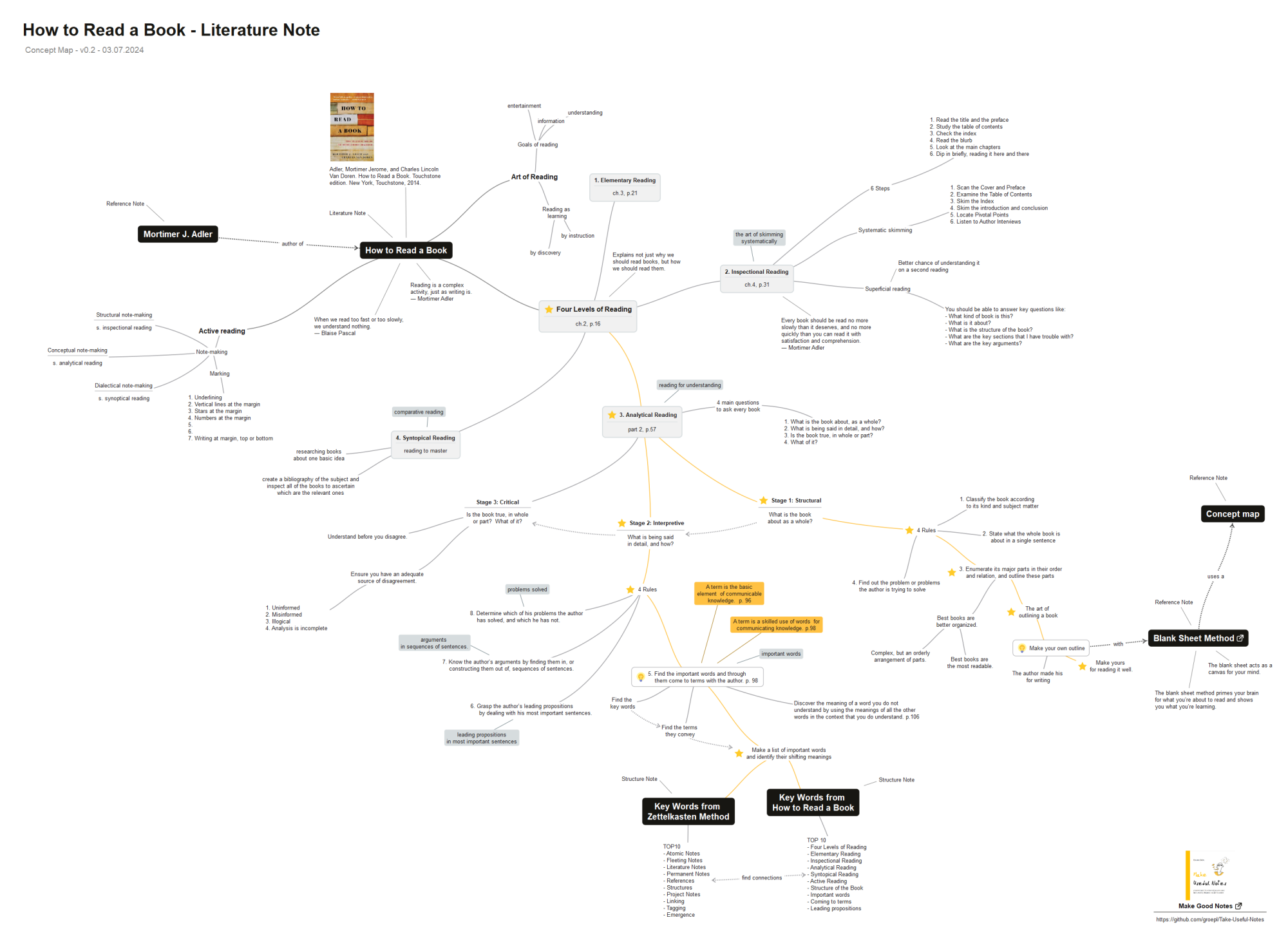Description: Students in four different college level science classes were asked to complete concept maps then reflect on their helpfulness. A majority of the students in endocrinology found concept maps useful while students in neurobiology disagreed. Students were also allowed to state why they felt positively or negatively towards the activity. Through the survey, they found students wanted an answer key, more discussion with peers, and less terms to place on their concept maps. In the conclusion, the authors state concept maps must be appropriately designed for the end goal of the class, there must be adequate feedback from the professor, and students should see the relevance of the topic for the concept map.
Rating: 7/10
Reasoning for the rating: The article clearly explains the study and the results. Additionally, the article includes charts and graphs to help readers visiualize the information. This study only uses the data from the surveys and does not delve into the actual usefulness of concept maps as a study guide.
